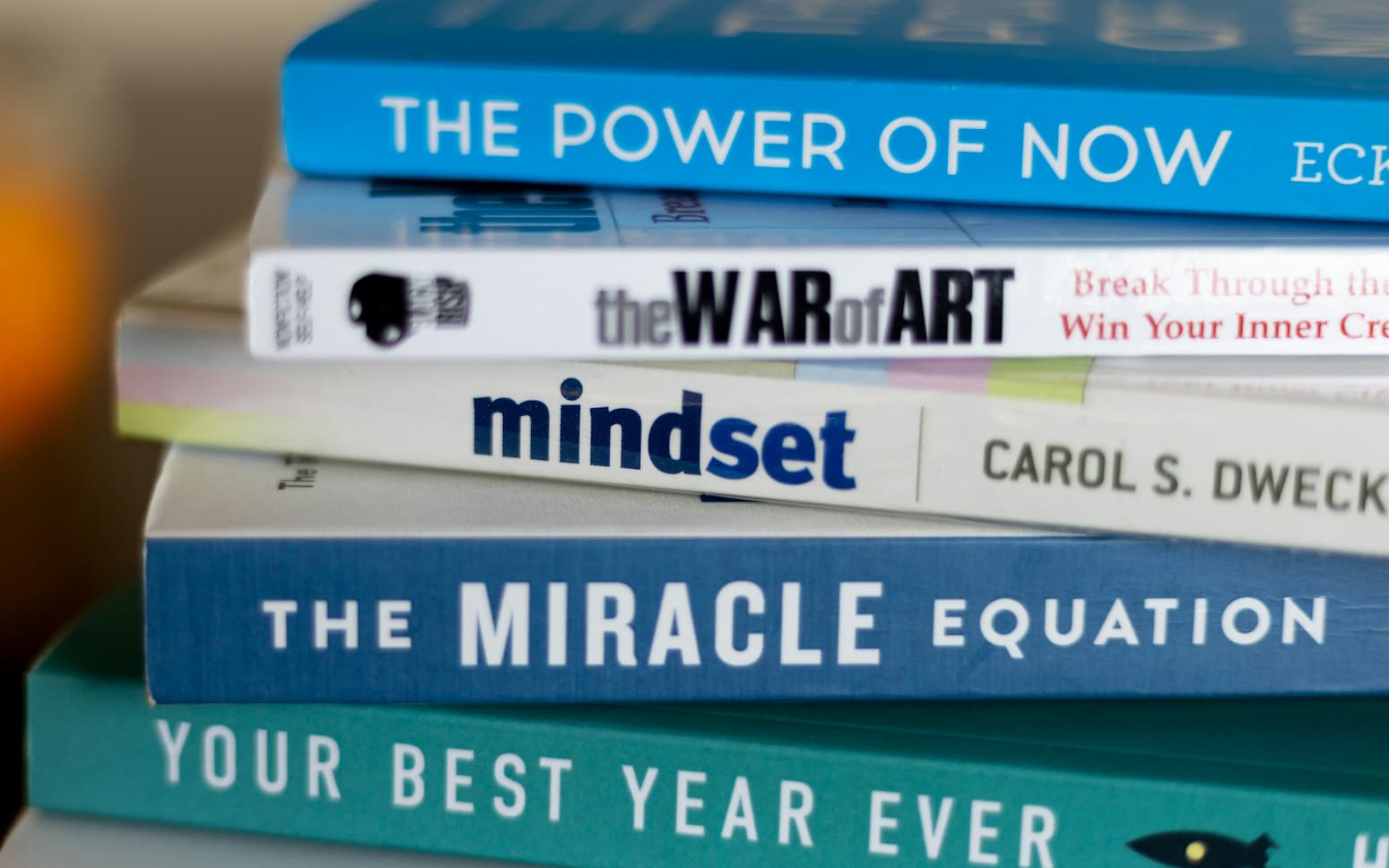I was raised with a fixed mindset, the belief that intelligence, talent, and abilities are set in stone.
You’re either good at something or you’re not.
Success and praise were tied to performance, achievements, and doing things right the first time.
Failure was not accepted, and it was always frowned upon and sometimes punished.
I wasn’t encouraged or supported to try as many times as needed until I improved it.
And when I did not manage it the first time, I quit (I quit playing guitar and keyboards, I was afraid to try many sports as they looked, or I believed they were too dangerous…)
Sound familiar?
For years, I unconsciously carried this belief, avoiding things that didn’t come naturally to me, fearing failure, and putting a LOT of pressure on myself to always get it right.
Thankfully, working on my awareness and growth, I realized that this mindset was keeping me stuck—afraid to try, afraid to grow, afraid to do things I deeply want.
Shifting to a growth mindset has been a conscious, ongoing journey for me, and it has completely changed how I approach learning, challenges, and even my self-worth.
I learned and understood that we humans are wired for growth.
When we embrace challenges, lean into discomfort, and see failures as opportunities to learn, we unlock our potential.
But what exactly is a growth mindset, and why does it matter so much?
What Is a Growth Mindset?
The term growth mindset was introduced by psychologist Carol Dweck, whose research changed how we understand intelligence, learning, and success.
At its core, a growth mindset is the belief that skills, intelligence, and abilities can be developed through effort, learning, and persistence.
- People with a growth mindset see challenges as opportunities rather than roadblocks.
- They view failure as a stepping stone rather than a sign to quit.
- They value the process just as much as the outcome.
- They ask, “What can I learn from this?” instead of “Am I good at this or not?”
In contrast, a fixed mindset believes that abilities are static: “You either have it or you don’t.”
This mindset leads to avoiding risks, fearing failure, and staying in comfort zones.
Why a Growth Mindset Matters in Everyday Life
A growth mindset isn’t just about intelligence or skills—it impacts every aspect of life:
- Career & Business: Those who embrace learning and resilience adapt faster to change, take more risks, and ultimately achieve more.
- Relationships: People with a growth mindset communicate better, take feedback constructively, and see personal growth as a lifelong journey.
- Emotional Resilience: A growth mindset helps reframe setbacks—instead of being crushed by failure, you see it as a lesson.
- Parenting: How we teach kids about success shapes their mindset for life (more on this below!).
- Authenticity: A Growth mindset allows you to try, explore, fail, and evolve, all essential to living authentically.
How We Lose Our Natural Growth Mindset
As kids, we are naturally curious, fearless, and eager to explore.
We try, we fail, we learn, and we try again. But somewhere along the way, many of us lose that mindset. Why?
- School Systems & Grades: Traditional education often rewards the right answers rather than the process of learning. Kids quickly absorb that their worth is tied to grades rather than learning.
- Parental Expectations: If love and approval were given mainly when we performed well, we learn to associate success with being worthy.
- Society’s Obsession with Perfection: Social media glorifies effortless/fast success, making mistakes or struggles seem like failures rather than stepping stones.
- Fear of Judgment: When failure is shamed instead of celebrated, we start playing it safe to avoid criticism.
Is there hope for humanity?!
Yes, because mindsets can be changed.
How to Cultivate a Growth Mindset
If you want to shift from a fixed mindset to a growth mindset, here’s where to start:
1. Reframe Failure as Learning
Instead of:
- “I failed,” try “I learned something new.”
- “I’m not good at this,” ask, “What can I do to get better?”
- “I’m just not a creative person,” try “Creativity is a skill I can develop.”
2. Shift from Results to Progress
- Celebrate effort, gained skills and insights, not just outcomes.
- Focus on what you’re learning, not just what you’ve accomplished.
- Ask yourself: “What did I gain from this experience?”
3. Surround Yourself with Growth-Oriented People
- You are the average of the five people you spend the most time with. Read more on the effects of our environment on us here.
- Seek out people who embrace challenges, take risks, and constantly learn.
- Avoid environments that shame failure and reinforce perfectionism.
4. Read Mindset by Carol Dweck
This book is a must-read for anyone wanting to understand how mindset affects success, relationships, and personal development.
The examples in the book are focused on the business environment, as her research is focused on the growth mindset in high performers in business and sports. Regardless of that focus, the book is amazing for a deep understanding of the impact of the growth mindset in all areas of life.
5. Try New Things & Get Uncomfortable
- Take up a skill you’re terrible at.
- Say yes to something that scares you.
- Embrace being a beginner instead of avoiding challenges.
In the beginning, doing things we believe we aren’t capable of or we aren’t good at might feel highly uncomfortable, frustrating, and disheartening.
When working on cultivating a growth mindset, don’t forget to:
– Ask yourself what you are gaining (skills, insights, learning, fun or connections) in this process.
– Remind yourself it’s not about the result or comparison with anyone else who is doing the same.
Why Growth Mindset & Emotional Resilience Go Hand in Hand
As an authenticity and emotions coach, I see firsthand how mindset impacts emotional well-being.
A growth mindset shifts how we relate to our emotions:
- Instead of “I can’t handle this,” we say, “I’m learning to manage my emotions.”
- Instead of “I’ll always feel this way,” we say, “Feelings change as I grow.”
- Instead of “I have to be perfect,” we say, “I am building my emotional resilience with every experience.”
This shift is life-changing, and it transforms the ways and the depth you relate and connect with others.
You Are Meant for Growth
A growth mindset isn’t just a concept, it’s a way of life.
A constant exploration of our selfs, our limitations, and the development of existing skills and learning new ones.
When you embrace learning, challenges, and failure as part of the journey, you remove limits on what’s possible.
So, ask yourself:
- Am I playing small because I fear failure? And where?
- How can I reframe a current challenge as an opportunity to grow?
- What’s one thing I’ve avoided because I thought I wasn’t “good enough” at it?
You are capable of more than you think.
If you’re ready to shift to a growth mindset let’s connect.
Coaching can help you rewire limiting beliefs, embrace challenges, and step fully into who you’re meant to be.
Because the truth is, your potential is limitless.

